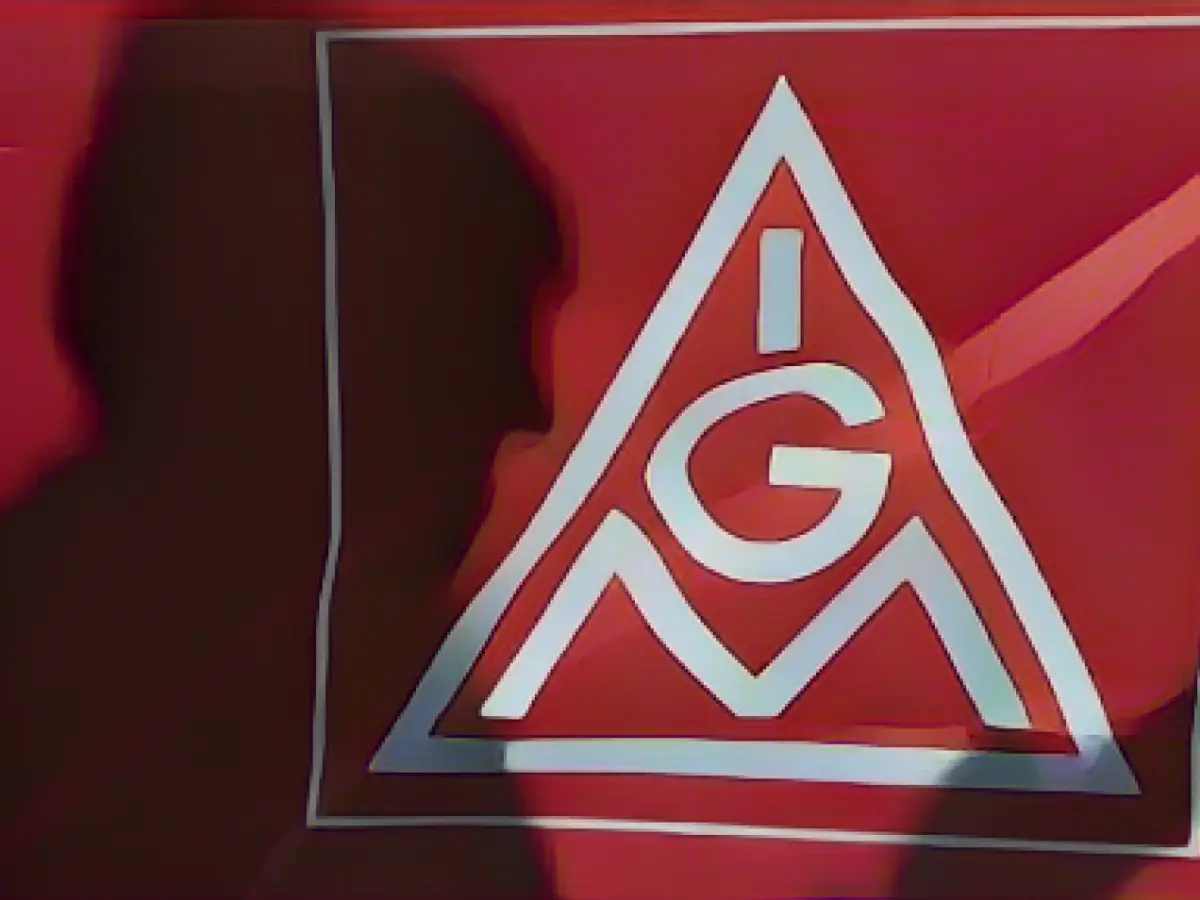Working hours - Wage dispute in the steel industry: IG Metall threatens escalation
After the third round of negotiations, IG Metall has threatened further industrial action in the wage dispute between the north-west German and east German steel industries. "If the fourth round of negotiations on Monday fails, a significant escalation in the collective bargaining round is inevitable," said Knut Giesler, lead negotiator for the north-west German steel industry, according to a statement on Thursday evening. "We will increase the pressure once again with further warning strikes," said Dirk Schulze, lead negotiator for the eastern German steel industry. The steel employers are proposing a "transformation collective agreement to secure employment" to IG Metall.
The bargaining parties met for the third round in a small group in Düsseldorf on Thursday. IG Metall representatives from the north-west and east of Germany negotiated together - as they did in the first round. The fourth round will again be negotiated separately: On Monday for the north-west and on Tuesday for the east.
Among other things, IG Metall is demanding a wage increase of 8.5 percent over a period of twelve months as well as a 32-hour week with full wage compensation. In the first round, the employers had offered an increase of 3.1 percent for 15 months. They rejected the demand for a reduction in working hours as "neither organizable nor financially viable".
According to IG Metall, the issue of working hours was discussed for the first time on Thursday. The employers had given up their blockade attitude, said Giesler. "It's good that there is finally some movement - even if it was only a few steps."
The employers reiterated their rejection of a 32-hour week with full pay compensation. Instead, IG Metall was asked to conclude a "transformation collective agreement to safeguard employment". In addition to measures to secure employment, this should include provisions to make weekly working hours more flexible, both upwards and downwards. "The key point here is that the collective agreement should only define a binding framework that has to be filled in on the company side," it said. It should also only apply if a company is "specifically" undergoing transformation. Transformation refers to the climate-neutral restructuring of production.
Around 68,000 people are employed in the steel and iron industry in North Rhine-Westphalia, Bremen and Lower Saxony, and around 8,000 in the steel industry in eastern Germany. The obligation to strike ended at the end of November. Since then, there have been numerous warning strikes in which several thousand employees have taken part, according to IG Metall.
IG Metall's demands Employers' response
Read also:
- A clan member is punished here
- Will he be convicted as Jutta's murderer after 37 years?
- He also wanted to kill his cousin
- With live stream! Gawkers film dying man
- Despite the employers proposing a "transformation collective agreement" to secure employment, IG Metall in eastern Germany still insists on a 32-hour week with full wage compensation.
- The collective bargaining conflict between IG Metall and the steel employers in Germany has led to various tariffs being imposed on the steel and metal industry.
- The threat of a warning strike looms over the steel industry in Düsseldorf, as IG Metall warns of an escalation if the fourth round of negotiations fails.
- Germany's steel industry is facing a significant collective bargaining conflict, with trade unions like IG Metall pushing for better wages and working conditions.
- The metal industry in eastern Germany is particularly affected by this wage dispute, leading to tension between IG Metall and the local employers.
- Further rounds of negotiations are scheduled in Düsseldorf, with IG Metall representing both the north-west and east German steel industries, hoping to find a resolution to the wage dispute.
- The ongoing wage dispute in the steel industry has led to a round of negotiations between IG Metall and the employers, aiming to avoid potential strikes and tariffs within the metal sector.
Source: www.stern.de








